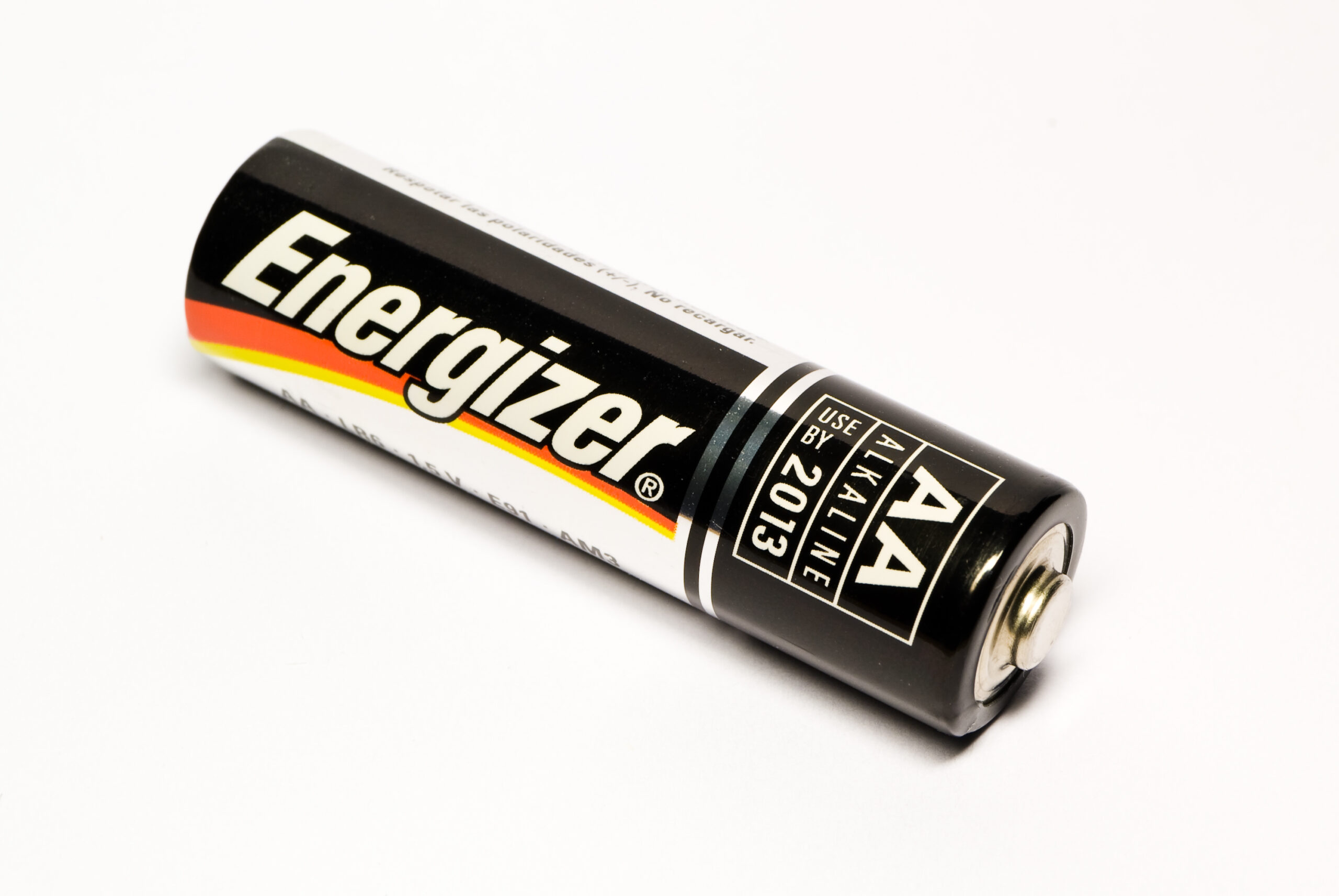In the swiftly evolving landscape of energy storage technology, the advent of superfast charging capabilities in batteries poses both exhilarating prospects and formidable challenges. What if we could recharge our devices within mere seconds, trivializing the time we waste waiting for our gadgets to regain sufficient energy? While such possibilities tantalize technicians and consumers alike, they incite a critical examination of the underlying technologies and potential barriers that accompany this revolution.
The conventional approach to battery charging is often characterized by the need for deliberate pacing. Standard lithium-ion batteries, the workhorses of contemporary electronics, typically command several hours for a full charge, due to the intrinsic limitations of their electrochemical processes. These processes involve lithium ions migrating between the anode and cathode, necessitating a controlled environment to prevent overheating and degradation. Thus, as consumers, we find ourselves acutely aware of our devices’ dwindling charge, often tethered to power outlets for extended periods.
Fortunately, recent advancements in materials science and engineering have spearheaded notable innovations in battery technology. Superfast charging batteries capitalize on an array of mechanisms to hasten the flow of electrons and ions. Among these, innovations such as graphene-based conductive materials, lithium-sulfur chemistries, and even artificial intelligence for charge management delineate a brave new world in energy storage. Yet, despite the promising developments, a pivotal question persists: can the acceleration of charging rates coexist with the longevity and safety of these power sources?
The concept of superfast charging is predicated upon the interplay of enhanced battery chemistry and advanced engineering. Traditional lithium-ion batteries suffer from inefficiencies during rapid charging, which can induce overheating and result in catastrophic failures. Accordingly, researchers are exploring alternatives that can withstand increased temperatures and mitigate the risk of thermal runaway—an event characterized by an uncontrolled rise in temperature that can culminate in battery failure.
Graphene, a single layer of carbon atoms arranged in a two-dimensional lattice, has emerged as a game-changer for superfast charging applications. Its exceptional electrical conductivity and mechanical properties promise a transcendent solution to the slow ion transport issues that plague traditional batteries. When incorporated into anodes, graphene allows lithium ions to traverse the material at unprecedented speeds, significantly reducing charge times. Nonetheless, the scalability and manufacturability of graphene-based batteries must be resolved before they can be widely adopted in commercial applications.
Conversely, lithium-sulfur batteries present another avenue for exploration. These batteries boast a theoretical energy density exceeding that of traditional lithium-ion configurations, providing the potential for both increased capacity and faster charging. Empirical studies have indicated that lithium-sulfur batteries can achieve remarkably swift charging times. However, challenges related to cycle stability and sulfate dissolution during operation have yet to be entirely surmounted. These limitations underscore the necessity for continued research and development in this promising domain.
The integration of artificial intelligence (AI) into battery management systems further enriches the dialogue surrounding superfast charging. AI algorithms can analyze user behavior and optimize charging activities accordingly. By intelligently assessing charging rates and diversifying energy flows, this technology aims to enhance efficiency while safeguarding battery integrity. Concurrently, data-driven insights can lead to predictive maintenance paradigms, reducing the risk of unintended failures among vastly utilized devices.
Despite these enticing prospects, the urgency for superfast charging is juxtaposed against critical environmental considerations. The extraction of materials required for advanced battery technologies—including cobalt and lithium—poses significant ethical and ecological dilemmas. Mining operations often carry substantial environmental footprints, which cannot be overlooked as we venture towards heightened battery performance. Thus, the pursuit of sustainable extraction methods and recycling protocols is imperative in preserving our ecosystem while satisfying the insatiable demand for energy. How do we reconcile the need for speed with the obligation to protect our planet?
Moreover, the economic implications of superfast charging technologies cannot be ignored. The initial investment in research and production of these advanced batteries may render them prohibitively expensive for broader market adoption. Consequently, the extent to which consumers are willing to embrace this new technology largely hinges on affordability and perceived value. Will the desire for immediate gratification trump the necessity of economic viability? This dichotomy presents a fascinating landscape for both entrepreneurs and policymakers to navigate.
The correlation between consumer expectations and technological capabilities is yet another dimension to consider. While superfast charging holds the promise of instantaneous energy replenishment, what are the implications for user behavior? The latent psychology of convenience can lead to diminished considerations for battery life and longevity. This paradigm shift mandates a reevaluation of how consumers perceive and interact with their devices, forging a new era of energy consumption habits.
In conclusion, while the evolution of superfast charging presents an array of tantalizing possibilities, it is paramount to navigate the accompanying challenges with discernment. As innovations continue to emerge, bolstered by advancements in materials science and artificial intelligence, there exists an intricate tapestry of implications for sustainability, economy, and consumer behavior. The prospect of hyper-speed charging beckons us into a new frontier of technology, but it compels a critical introspection of the ethical ramifications intertwined within.












